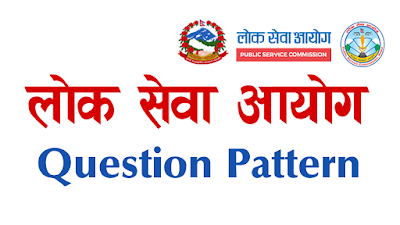Dalton and Smith (1986) provide us with the following examples:
KNOWLEDGE
| ||
USEFUL VERBS
|
SAMPLE QUESTIONS
|
POTENTIAL ACTIVITIES AND PRODUCTS
|
|
|
|
COMPREHENSION
| ||
USEFUL VERBS
|
SAMPLE QUESTIONS
|
POTENTIAL ACTIVITIES AND PRODUCTS
|
|
|
|
APPLICATION
| ||
USEFUL VERBS
|
SAMPLE QUESTIONS
|
POTENTIAL ACTIVITIES AND PRODUCTS
|
|
|
|
ANALYSIS
| ||
USEFUL VERBS
|
SAMPLE QUESTIONS
|
POTENTIAL ACTIVITIES AND PRODUCTS
|
|
|
|
SYNTHESIS
| ||
USEFUL VERBS
|
SAMPLE QUESTIONS
|
POTENTIAL ACTIVITIES AND PRODUCTS
|
|
|
|
EVALUATION
| ||
USEFUL VERBS
|
SAMPLE QUESTIONS
|
POTENTIAL ACTIVITIES AND PRODUCTS
|
|
|
|

Comments
Post a Comment